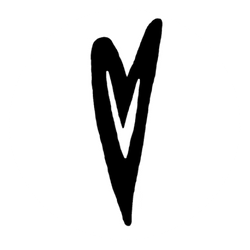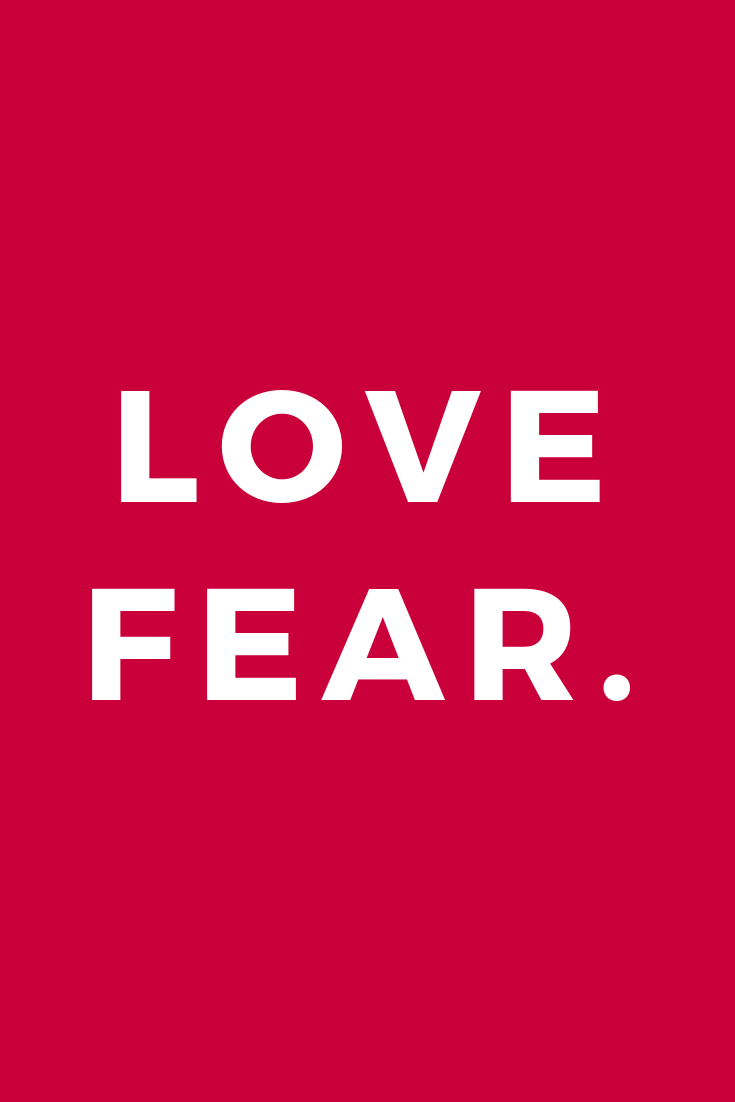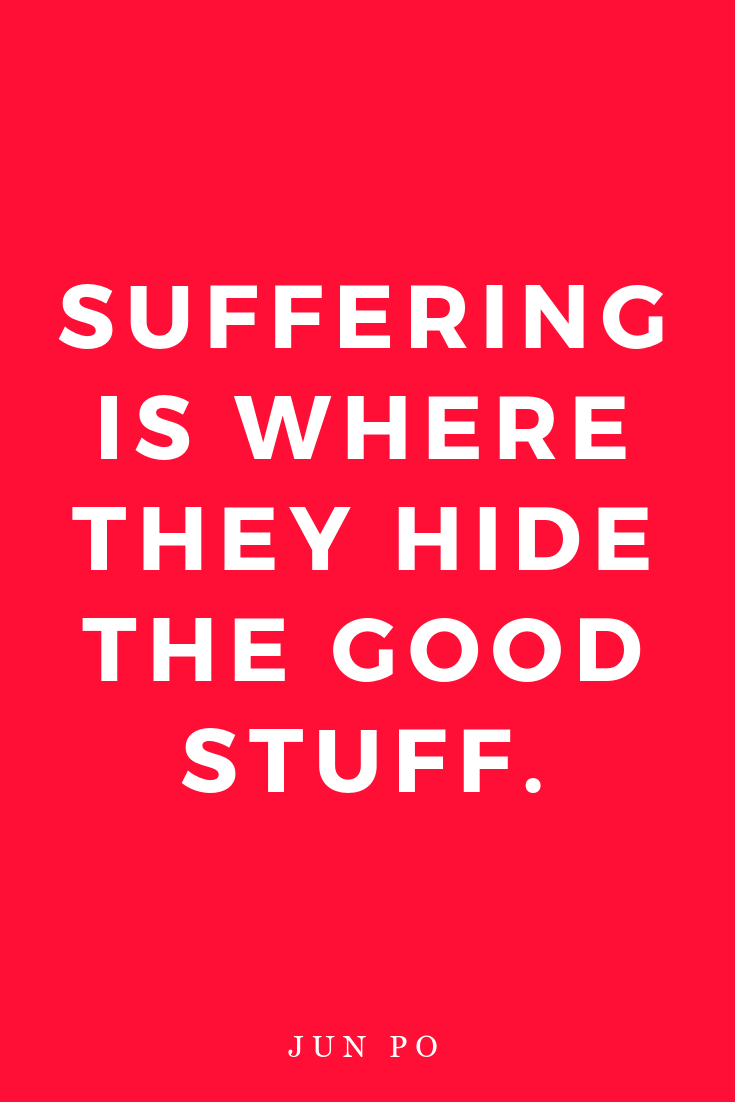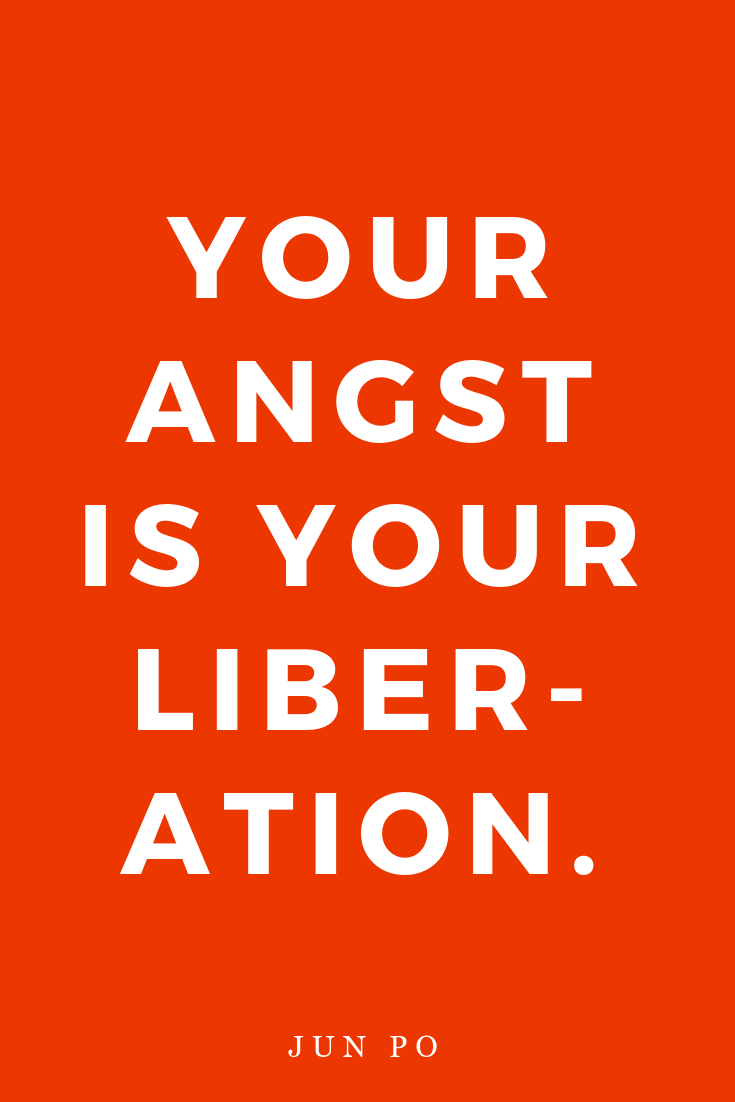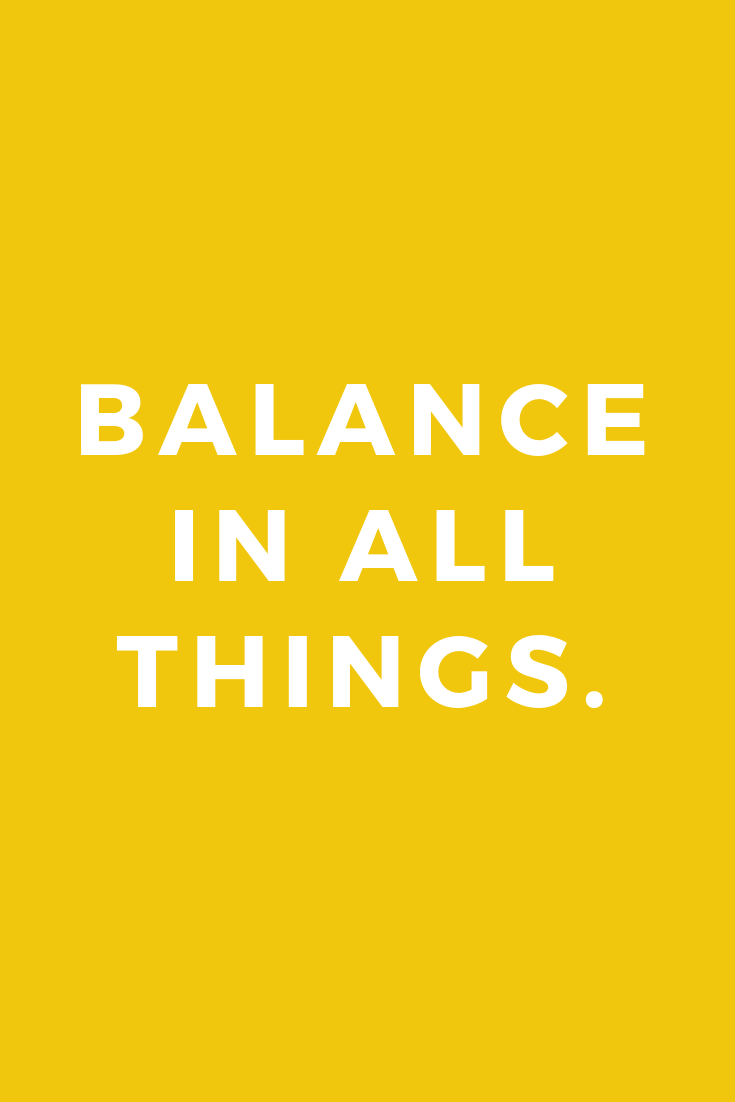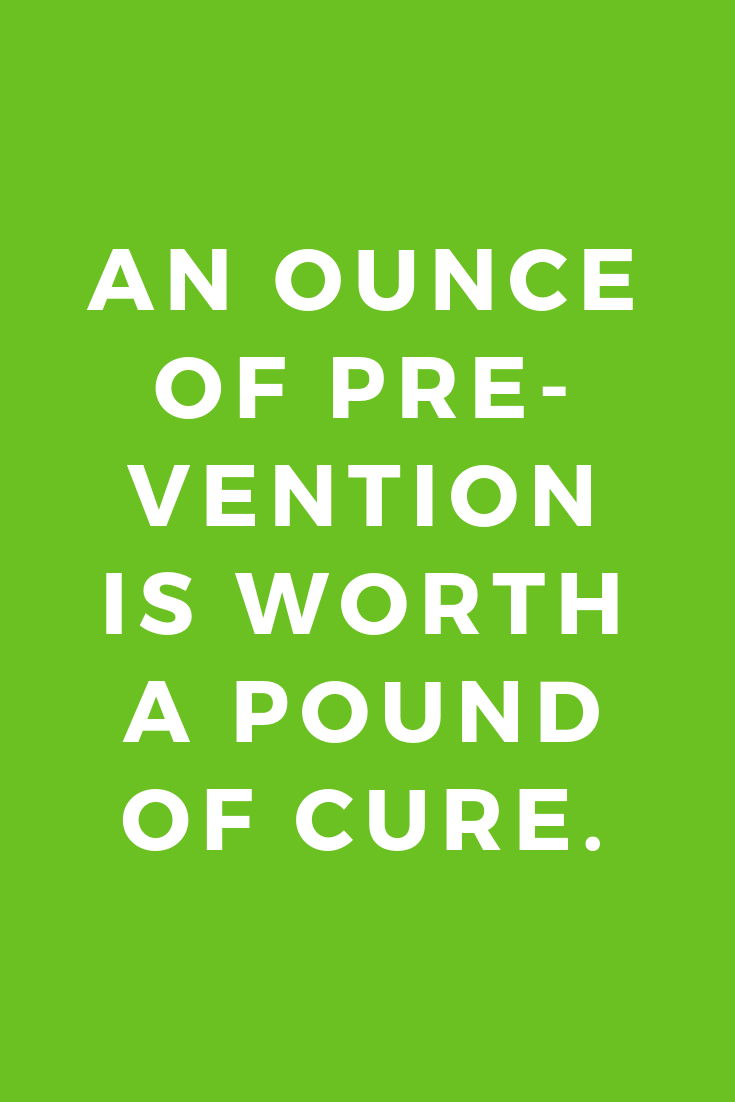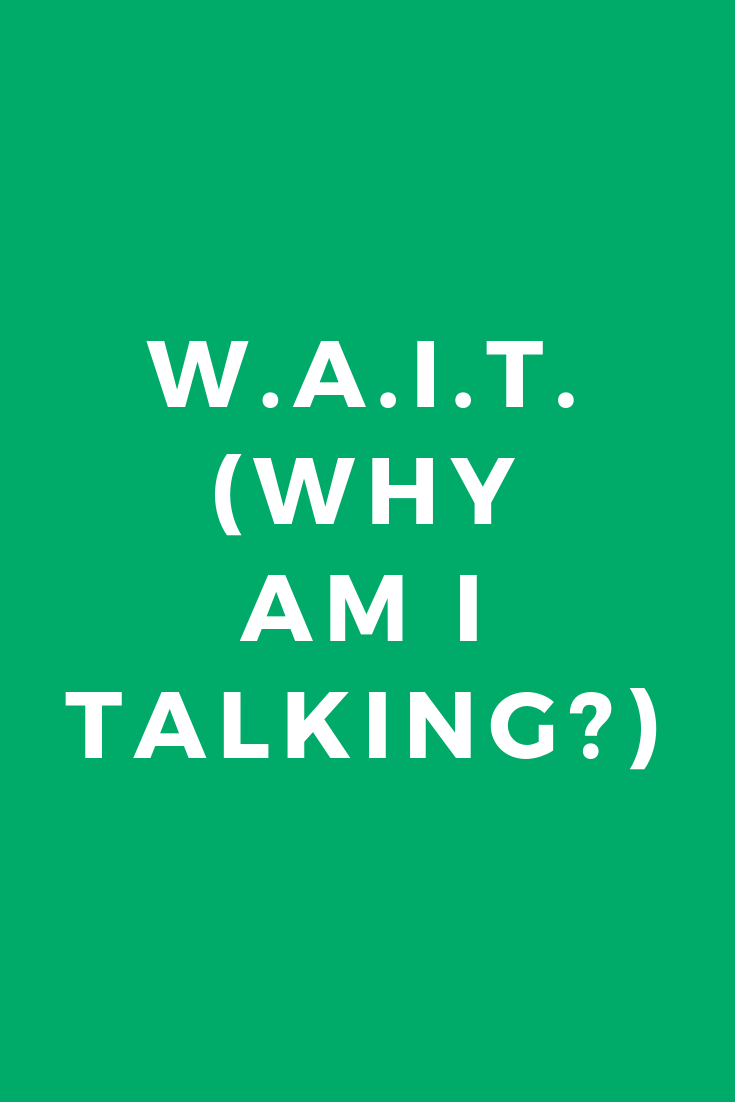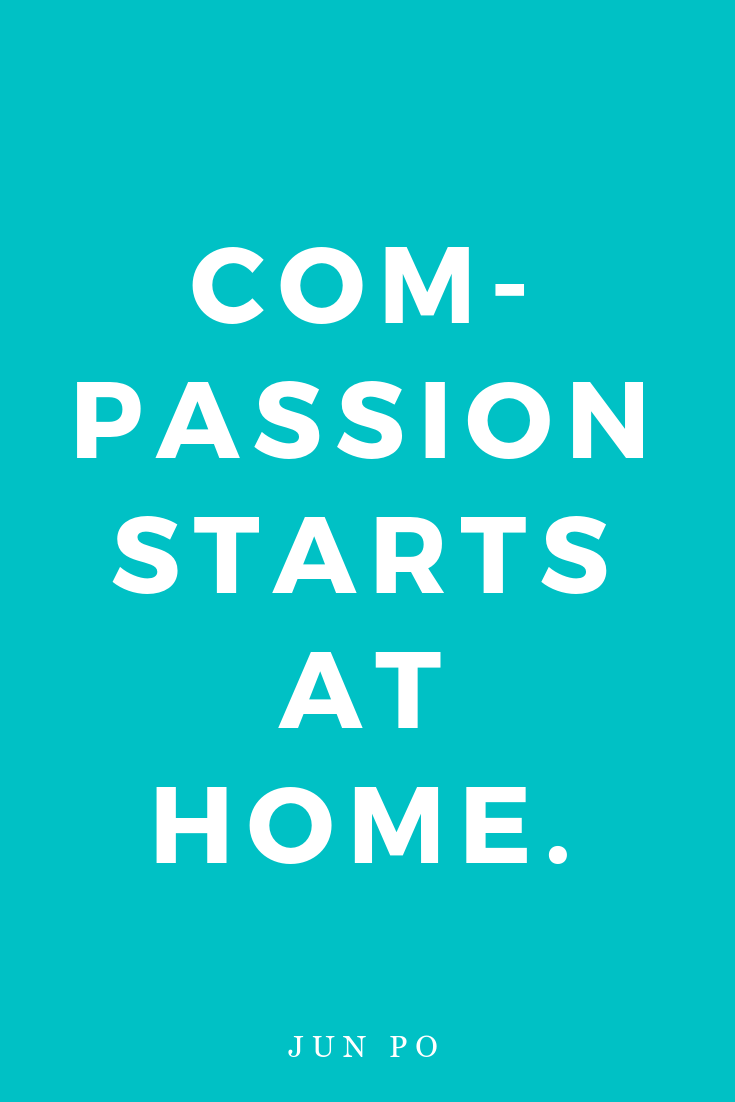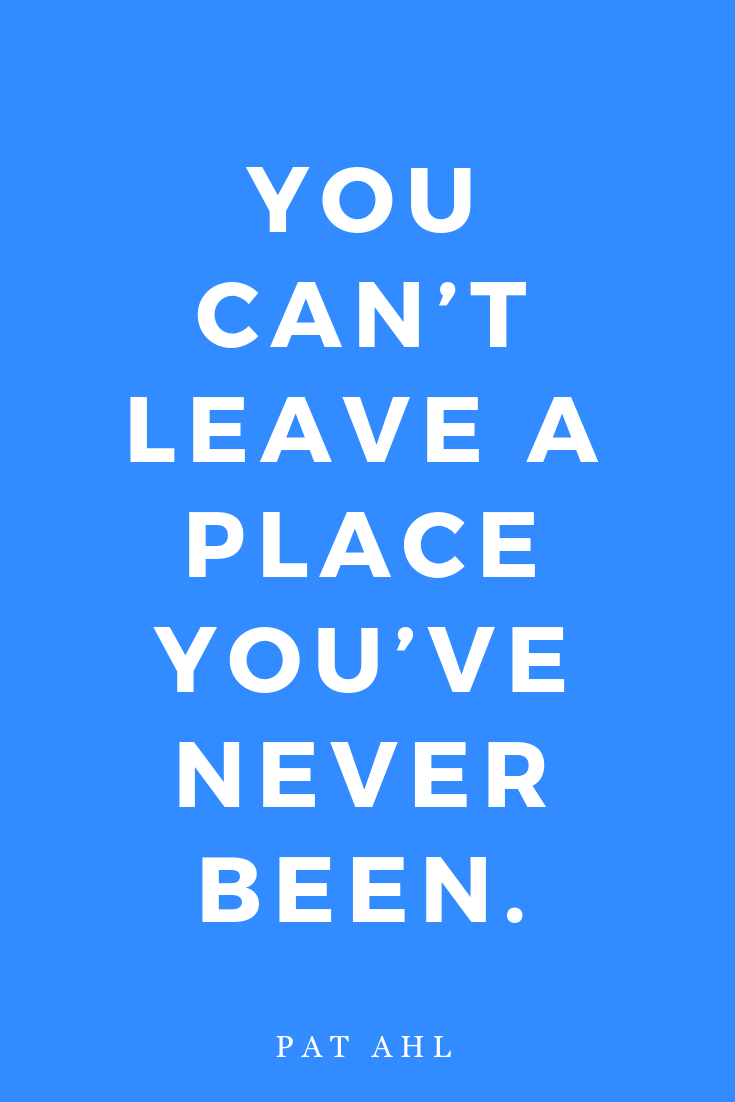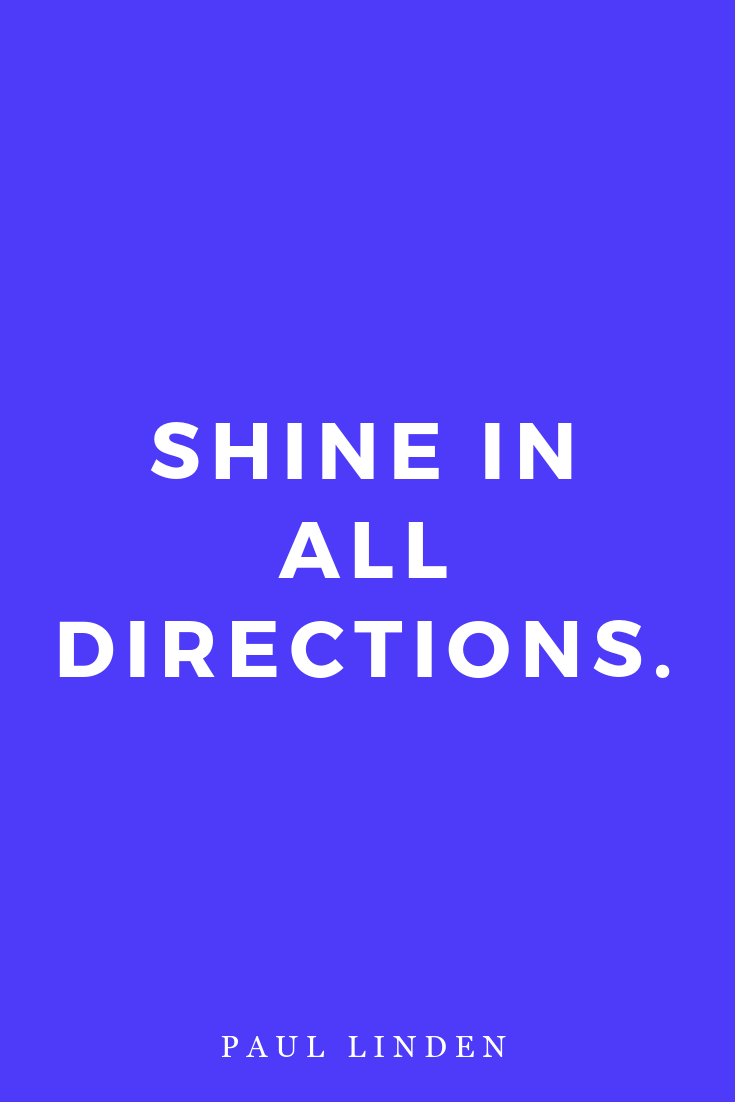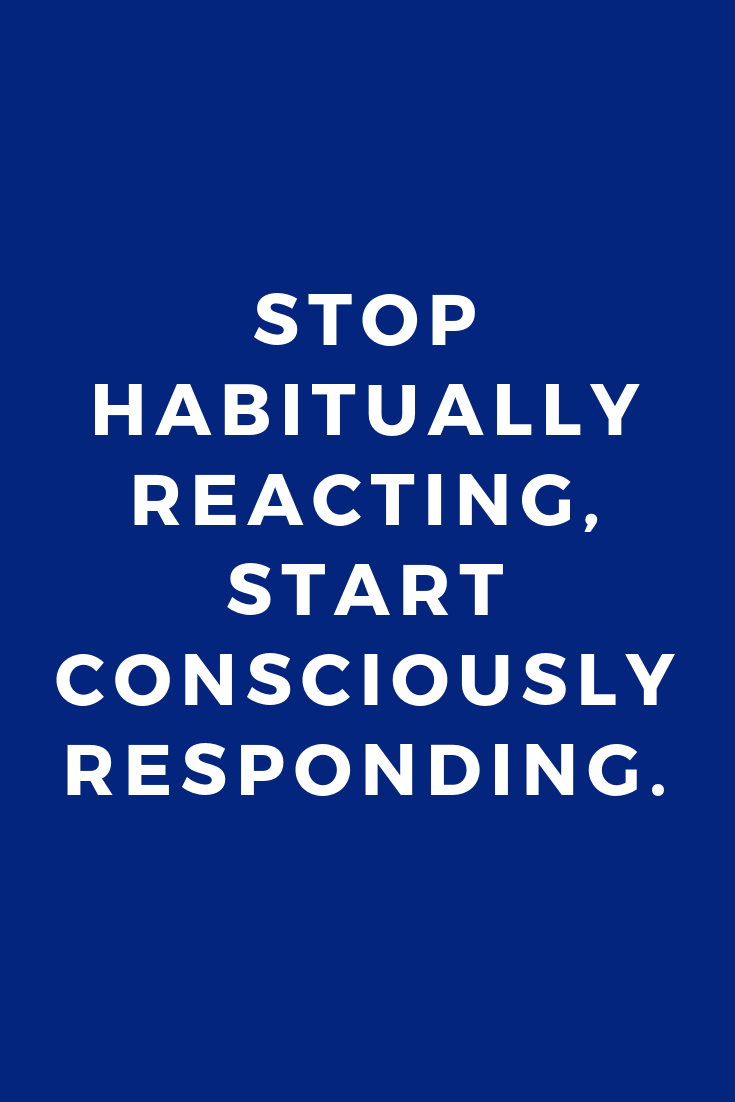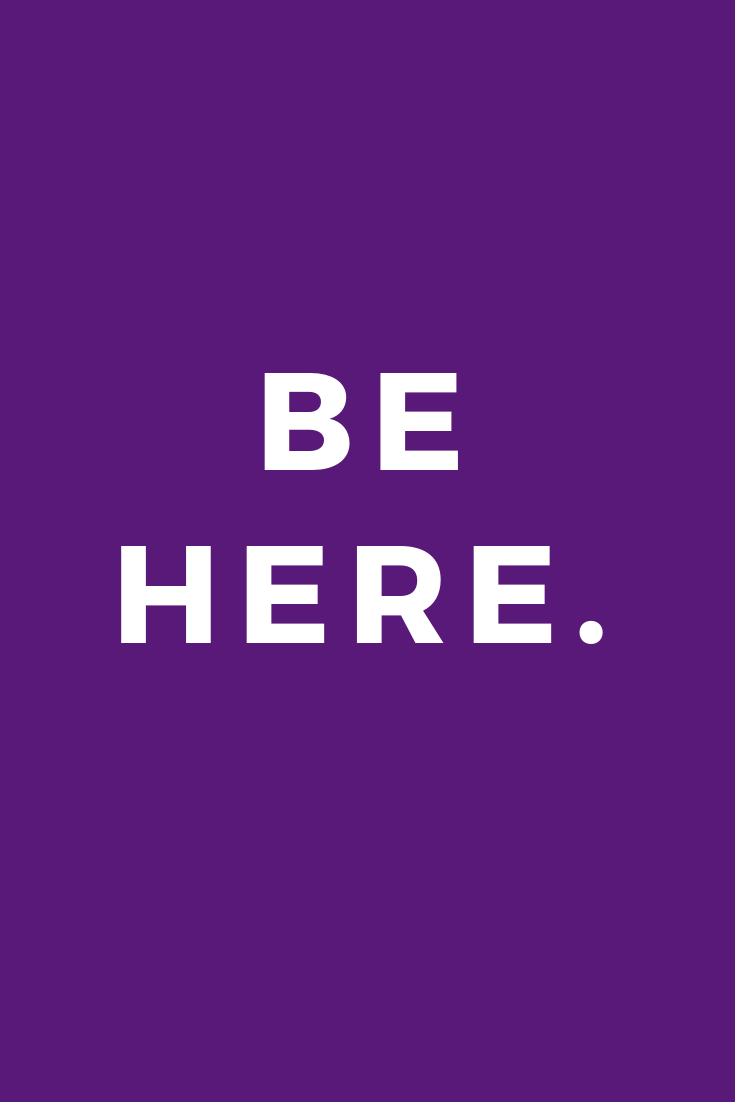An Interview with Dan Rotnem
I’ve had the honor of getting to know Dan Rotnem this year—a 2nd degree black belt in Seiei Kan Jujutsu, Shotokan Karate, and Tae Kwon Do with bachelor’s and master’s degrees in Chinese Language and International Relations... among many other amazing credentials and areas of study!
Along with being one of the most genuine, wise, and humble teachers I’ve met along this path, Dan is a father, husband, and incredibly kind person.
I’ve found it fascinating how much we have in common studying present moment awareness, mindfulness, and peace... and how similar yet totally different our experiences and areas of expertise have been.
Dan is such a great guy and I am thrilled to share an interview highlighting just some of his incredible knowledge and presence.
Without further ado, more about the amazing Dan Rotnem:
KH: When did you first begin practicing martial arts? What did you study and love initially?
DR: I started in martial arts, Seiei Kan Jujutsu, when I was 5. I remember the first time I went like it was yesterday…
My mom knew this guy, Shihan Larry Zahand, from her work in a Bally’s fitness gym. He had opened up his own dojo and told her it’d be good for me.
I guess she may have said something to him about my temper tantrums…and maybe my love of the Ninja Turtles?... anyway, we walked into this space that doubled as a dance studio. Shiny hardwood floors, floor to ceiling mirrors, clean, simple.
I sat and watched a class of about 15 students of all ranks. My brain just ate it up. When I went back the next day to participate in my first class I already had the first half of the first form memorized and the rest is history.
I think I just connected viscerally to the intensity of focus, the discipline, and the physicality.
When I started practicing and had the opportunity to channel all of my wild energy into this skill-oriented, physical act I entered into “the zone”.
Now, I recognize what was happening as Samadhi, contemplative absorption in which body and mind fall away.
As I got a little older I really got into the Japanese cultural elements, like Bushido and meditation, which I think was a pivotal moment that impacted the rest of my life.
KH: What are some of the greatest gifts and takeaways you've received from your training and practice?
DR: The most direct takeaway that I’m deeply grateful for is what martial training did to my mind and body.
It allowed me to develop mental and physical attributes, like focus, coordination, endurance, perseverance, agility, self-discipline, integrity and strength.
It introduced me to the idea that mind and body are a single unit working together, conscious embodiment, from a very young age.
Beyond that though it also set me on a path of inquiry, introducing me to a whole realm of thought, living and philosophy that I don’t know I would have otherwise encountered.
Bushido, Zen, Asian Languages and philosophy; it’s all kind of out of left field for where I grew up and the interests of my family. This path has been deeply fulfilling for me, which leads right into…
The most important gift: being able to share the martial arts and Zen.
Seeing others benefit from, and grow with, these traditions is really special.
Meeting people on a similar path, like yourself, and having connection with incredible skills, insights and points of view is really enriching. I’m extremely grateful to be involved in this type of community.
KH: What are your greatest passions professionally these days and why?
DR: My non-teaching professional effort is spent developing my knowledge of the appropriate sciences, Zen, Martial Arts, and teaching methods so that I can create an environment where each of my students will receive the specific instruction that most benefits them.
I’m deeply passionate about this pursuit of knowledge and teaching skills for a few reasons, but they all boil down to one thing.
Helping individuals realize their potential.
Each of us is a truly incredible manifestation of life, capable of changing the world in great ways simply by being in touch with who we are.
My practice all orients around balancing and strengthening students’ minds and bodies so that they can see that nothing, absolutely nothing, is stopping them from living a life that is fulfilling and joyful.
We can always live to our maximum, embody a spirit of wisdom and compassion, and make healthy choices for our bodies.
Peace is innate and everyone has a right to allow their inner light to shine.
I would only be showing half the picture if I don’t also share that I hope that my life and my work can help in a broader sense.
Right now our culture is one of immediate gratification that requires little physical health and ignores or stigmatizes mental/spiritual health.
Perhaps even worse, it glorifies a divisive vacuum of “us” and “them”.
I want to provide an environment where people can step away from that and return to a state of genuine humanity.
When we can wake up, grow up and show up ourselves, we can raise the collective consciousness of our communities.
Maybe, person-by-person, we can shine in a way that allows other to shine.
We can make healthy choices, changing the consumer and environmental landscapes.
We can make wise and compassionate choices, changing the political landscape.
We can open our hearts and see clearly to change the interpersonal landscape.
I am hoping to do my part, so that through all of our combined actions we will create, and defend, a world of love and caring.
That’s part of the Awakened One’s Vow by master Torei and I use it as the mission statement of my martial arts curriculum.
KH: Can you speak more about your experience with Zen and how you would describe it to the average Westerner looking to learn more?
DR: Perhaps not surprisingly, I was introduced to meditation in martial arts. We used it to clear the mind both before and after class and set a focused tone for training. Most often it was breath awareness with the occasional visualization practice.
So, that was at 5. It was really natural for me to carry that meditative mind throughout practices and, as mentioned earlier, maintain a sense of Samadhi.
At the time, though, I had absolutely no idea that this was Zen.
I studied Daoism pretty intensively in late high school and early college, which heavily influences Zen, and embraced a lot of Zen concepts from that perspective, notably non-duality and non-contention.
Doing things with just the right amount of effort, immersed in the moment.
This all meant that by the time I started formally studying Zen I’d been “ripening” intellectually and applying a lot of the concepts to life already.
However, I was still caught up in a neurotic narrative, what we call the hysterical historical, and experiencing/causing a significant amount of suffering in my interpersonal relationships and self-thought.
Short summary: my narrative is that I’m unloveable, so I’ll be abandoned and never good enough, which I try and cover up with arrogance and perfectionism.
After my divorce and meeting my current wife, I realized that all my “cool guy Zen, go with the flow” stuff was a superficial form of spiritual bypassing and if I really wanted to get right with myself and my relationships, I was going to need to do some work.
Right about then I also met a friend who was a Buddhist who pointed out that I was pretty Zen. My response was to kind of poo poo Buddhism at first, but I started doing some reading and got back to a much more serious meditation practice.
Eventually I came across the Heart of Zen, an interview of my Roshi, Jun Po Denis Kelly. It provided the missing link.
There had always been a disconnect for me where mindfulness didn’t translate into wise, compassionate action. Instead, when the proverbial doo doo hit the fan, I’d fall back into self-defeating emotional reactions, like depression, anxiety and a violent temper. I wrote the Hollow Bones Zen Order a little e-mail, Jun Po himself called me.
At one point he asked me if anyone ever made me angry. I said, “No, I’m a cool cucumber, I get frustrated maybe but I don’t get angry!” He said, “Well then, you’ve got a problem.” And the dam burst.
Just like that the light switch flipped on and I really started practicing Zen.
From this side of things I describe it like this:
Zen is a celebration!
Each moment is a miracle of direct experience, all we have to do is be here and… wow! How interesting!
Zen is liberating!
It is seeing that we can write our own script, we are not doomed to a cycle of discontent.
When you see through the narrative and get the real meaning from your perceptions, relationships deepen…freedom and joy is right here.
Zen breaks open your heart so that you can shine, brightening the world around you.
KH: Can you also speak about peace and calm in relation to fighting and self-defense? What you've learned about balancing these two forces?
DR: Reconciling Zen spirituality, which centers on compassionate interconnectivity, with the violence of physical conflict is a difficult dichotomy that has required a lot of training.
The first step, though, was realizing that true compassion isn’t defined by a lack of force.
For example, if my daughter were about to touch a hot stove, wouldn’t I slap her hand away as quickly as possible?
Attempting to be gentle may not work, the slap might hurt, but it comes from a place of compassion as a last resort.
Next is the realization that all of us have the same fundamental nature. We are all born a blank slate and have the potential to do great things in this life.
Some of us realize that, some of us don’t, and all of us become conditioned to behave in certain ways.
Zen believes that this core essence is universal and pure; it’s the reason we can all wake up!
When we remember this, no matter how forcefully I may need to protect myself it never comes from a place of violent anger.
It’s terribly sad that a person loses contact with their nature and engages in cruel, violent behavior. In no way does this absolve their personal responsibility for their actions, though. Nor does it remove my right to protect myself from their actions.
The result is clarity in determining the appropriate amount of force to protect ourselves.
With the heart in place I began exploring what compassionate fighting looked like.
One of the first things I had to do was evaluate my foundation; up to this point in my training I’d focused on developing a sense of dispassion.
Intensity without emotion allows for spontaneous clarity, resilience and explosiveness. These characteristics are a primary result of Zen mind, useful but only half the equation.
So often Zen meditation is a form of spiritual bypass; a way to enter vacuity and “turn off” certain emotions.
But real Zen is soft, vulnerable and deeply in touch with the information provided by our feelings.
So, how do we function in an effective way while staying emotionally active?
Well, it starts by seeing its tactical value.
First, manifesting serenity in the face of conflict can do a lot to avoid having a conflict escalate to something physical in the first place.
Second, in the case that a threat is deemed unavoidable, our switch from serenity to intense action can provide a significant advantage.
Finally, a deep meditative practice helps us understand, transform and transcend greed, violent anger, pride and other self-defeating emotions that cloud our judgment and precipitate violence.
Properly practiced, Zen and Martial Arts mutually reinforce stabilized insight.
The combined training results in imperturbable clarity that permits us to be confidently compassionate and highly effective in interpersonal relationships, even those that result in conflict.
KH: What are you most passionate about teaching to others? What do you love most about teaching?
DR: Both as a martial arts instructor and as a Zen teacher, my favorite part is a moment of genuine insight.
“Oh! It’s just like this!”
When students find their own light and begin to shine in a new way… that’s what it’s all about.
Often times it also results in them giving me a new perspective. Something that I’ve known for “years” all of a sudden gets a little deeper, a little more complete.
I get to learn from my students at least as much as they learn from me!
KH: Where can we find you and study with you?
DR: Right now I’m teaching out of a little studio with some excellent personal trainers right near 270 and Sawmill.
2528 Billingsley Rd., Columbus, OH 43235
All of my class schedules and contact info can be found on my website, www.wavemartialarts.com/contact-schedule
I also work with students privately on flexible schedules based on their needs.
Zen practice especially can be conducted via video conference or in person.
I would encourage anyone interested in these practices to just give me a call at 614-636-3267 and we will come up with an appropriate plan.
I also offer a podcast, Totally Zensible, on most major platforms, including Insight Timer. It’s on an irregular production schedule at the moment.
I’m excited to announce that I’m making a course for Insight Timer as well.
It’ll be called “Zen for your Everyday Life”, contain 10 short talks, and the opportunity to ask me questions to which I can provide audio responses. It should be pretty cool!
KH: Who are some of your greatest inspirations in life?
DR: Jun Po Roshi is a pretty cool guy; I’d say he has been quite the inspiration. The way he synthesized traditional Rinzai Zen practice with modern American language and scientific insights results in a profoundly effective practice.
The way he teaches and lives as an example of waking up, growing up and showing up really kick started and motivated my process.
Martial Arts inspiration is a list a little too long, but to name a few there is Miyamoto Musashi (The Book of 5 Rings), Ueshiba Morihei (The Art of Peace, founder of Aikido), Funakoshi Gichin (Founder of Shotokan Karate), Bruce Lee (Founder of Jeet Kun Do), and Iain Abernethy.
Each of them looks deeply at the application of the martial arts and adapted it for their specific purposes regardless of tradition.
Musashi, Ueshiba, Funakoshi and Bruce Lee further integrated their spirituality directly into their practice of martial arts. Sound familiar?
Paul Linden is an Aikido expert who teaches over in Clintonville that has taken embodiment practices to an incredible level. Training with him, conversing with him, and absorbing his wisdom is always a deeply enriching experience.
I’m sure I could keep going forever, but we’ll call it there.
KH: Some of your favorite quotes or mantras?
KH: Some of your favorite books you recommend?
DR: As an avid reader this list could easily get out of hand. I’m going to limit myself to just a few from each of my favorite categories.
The Zen Teachings of Bodhidharma trans. Red Pine
The Heart of the Buddha’s Teachings by Thich Nhat Hanh
The Heart of Zen by Keith Martin-Smith
The Enlightened Heart compiled by Stephin Mitchell
Tao Te Ching: The Definitive Edition trans Jonathan Star
A Heart Blown Open: The Life and Practice of Zen Master Jun Po Denis Kelly Roshi by Keith Martin-Smith
The Sword of Truth series by Terry Goodkind
The Chronicles of Amber by Roger Zelazny
Dune by Frank Herbert
The Obsidian Trilogy by Mercedes Lackey
Tao of Jeet Kun Do by Bruce Lee
The Art of Peace by Ueshiba Morihei
The Art of War by Sun Zi
The Book of Five Rings by Miyamoto Musashi
The Unfettered Mind by Takuan Soho
KH: What gets you out of bed in the morning? What inspires you and gives you great purpose?
DR: Life!
This world is so interesting it’s just a pleasure to be a part of it.
I have a beautiful family, the perfect job and deeply enjoy my practice.
Being a part of the mysterious unfolding of each moment is simply exquisite… even when it’s really unpleasant!
